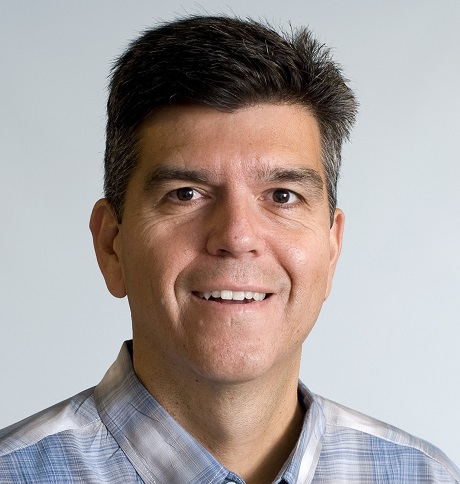Carlos Arturo Camargo Jr., MD, DrPH, is the Conn Chair in Emergency Medicine at the Massachusetts General Hospital Department of Emergency Medicine. He is also a Professor of Emergency Medicine and Medicine at Harvard Medical School, and Professor of Epidemiology at Harvard T.H. Chan School of Public Health.
Biography
Dr. Carlos Arturo Camargo Jr., MD, DrPH, received his medical degree from the University of California, San Francisco; his Master of Public Health from the University of California, Berkeley; and his Doctor of Public Health from Harvard University. Dr. Camargo completed his residency at Massachusetts General Hospital, and research fellowship at Brigham & Women's Hospital.
Currently, Dr. Camargo is Professor of Emergency Medicine and Medicine at Harvard Medical School and Professor of Epidemiology at Harvard T.H. Chan School of Public Health. He is founder and director of the Emergency Medicine Network (EMNet), a multidisciplinary collaboration that aims to advance public health through diverse projects in emergency care, particularly multicenter clinical research. Dr. Camargo also focuses on research training and mentorship. He received the Barger Excellence in Mentoring Award (2011) from Harvard Medical School, and the Potts Faculty Mentoring Award (2019) from Mass General. In 2016, he was honored by the American College of Emergency Physician’s Outstanding Contribution in Research Award.
Research Description
Dr. Camargo has an international reputation in respiratory/allergy emergencies, health effects of vitamin D, health services research in emergency care, and a variety of public health issues. He has served in such leadership roles as President of the American College of Epidemiology and has been appointed to several committees devoted to establishing national guidelines, including:
National Guidelines Committees
- 2003-2005 | 2005 US Dietary Guidelines Advisory Committee | Departments of Agriculture & Health and Human Services, Washington, DC
- 2004-2007 | National Asthma Education and Prevention Program, Science Base Committee, Third Expert Panel | NIH
- 2008-2010 | Food Allergy Clinical Guideline Expert Panel | National Institute of Allergy and Infectious Diseases, NIH

